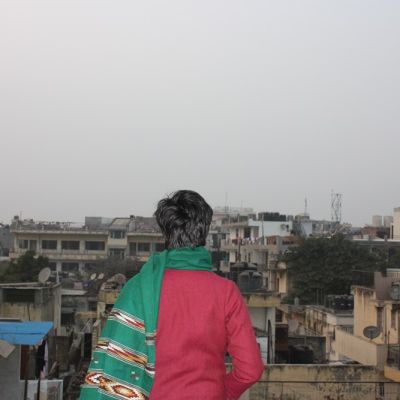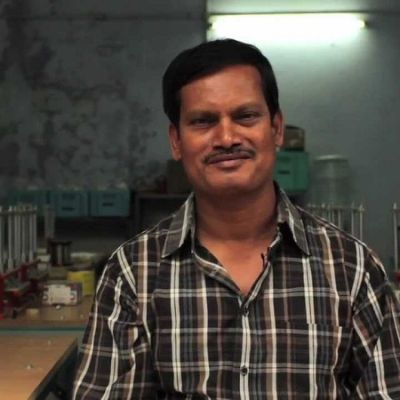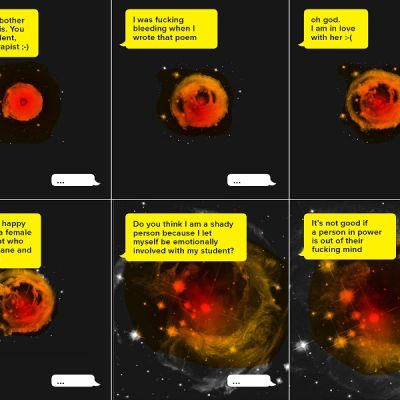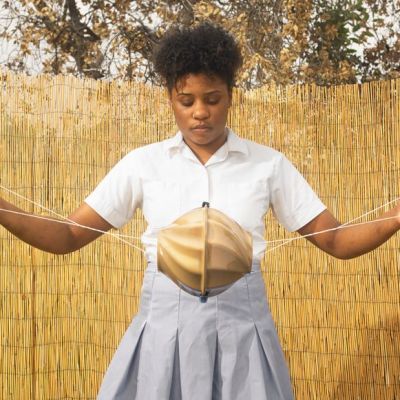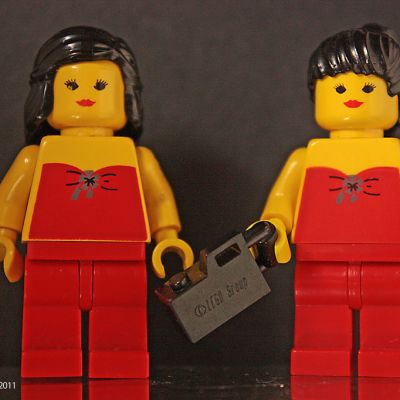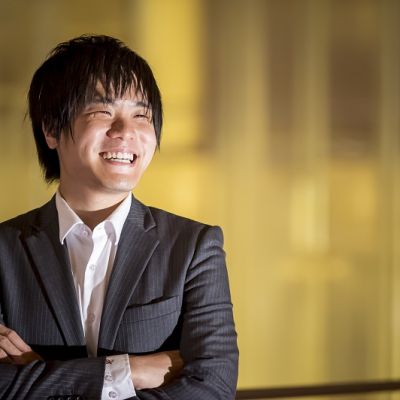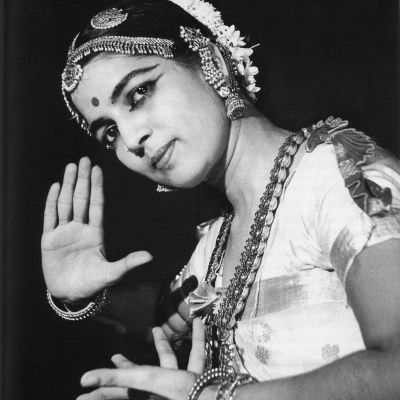Categories
The women taught me how to navigate the city, as I learnt about the different ways the body is marked in public (and in private too). I often tried to discern when ‘bold’ became ‘reckless’, and what the underlying politics of this rhetoric shift might be. How arguments were stacked up pre-emptively determining who was deserving of protection and whose transgressions left them out in the cold.
Shubha talks about social and subconscious biases in society against female scientists, her approach to tackling these challenges, and how she helps her female students maintain a healthy balance between their personal and professional life.
According to the communiqué released by the games authorities, she did not possess the sexual characteristics of a woman. She had therefore been disqualified, and would be stripped of her medal. Hearing this, Santhi fell into a state of utter disbelief.
The scientific establishment’s inability to attract enough women and keep them in the workforce is a large enough problem for it to feature in interactions between nation’s governments.
Societal norms that are contested, especially around body and sexuality, are often passed as the ‘natural order’ of things. The objective study of ‘nature’ that science claims to do induces society to seek scientific explanations to verify naturalness. It has been shown in many cases that the questions that scientists ask, and the methods they use, are coloured by norms of society. Yet, the ‘scientific answers’ thus got help determine what is natural. In the process, the normative gets naturalised.
Medical abortion is a threat to scientific authorities because it is technology easily used without the help of a medical provider. Since there is doubt that women will use the drug safely without supervision (even though they did it before and are still doing it), some think the kinder option is to remove their opportunity to fail.
A short documentary on India’s menstruation man, Arunachalam Muruganantham, who wore an artificial uterus, was left by his wife for five years, and was called a pervert by the neighbours – all in his pursuit to create cheap yet effective sanitary napkins for women who cannot afford safe menstrual hygiene products.
It began in the third year of my PhD. I had just returned from India and a fellow classmate sent me an e-mail. The e-mail was about his feelings for me, asking me to consider a relationship with him.
A movement back to reusable cloth pads or even towards the use of menstrual cups aims not only to create ways of dealing with menstruation that are healthier for the body and the environment, but also to open up a dialogue regarding the taboos and inhibitions regarding menstrual blood that stem from culture as well as paid media.
No one ever really talks about how queer people in STEM fields navigate hostile spaces. ‘STEM’ stands for ‘Science, Technology, Engineering, Math’. We Indians, of course, are well aware of what these fields entail because our parents, neighbours and teachers often push us towards them. Pursuing a career in the humanities/arts means deviating from the norm, so it makes sense that sexualities and gender identities which are considered ‘deviant’ often flourish in these fields.
The two people involved in the transaction of surrogacy occupy different positions of power. The surrogate who bears the child is not a woman with similar economic and social standing as the one who receives the child.
I spent time reading up the basics of gender-neutral design to understand the connect between science, society and gender. Sometimes, some people try to prove that there are ‘scientific’ reasons for inequality and injustice, for depriving one set of people of the same choices and opportunities that another set of people enjoy. This is not true. Times are changing. ‘Biased technologies’ are being altered.
Sexuality can be said to influence and be influenced by every aspect of our lives. Talking about sexuality, however, is widely tabooed, especially at the workplace. Anything that evinces sexuality is at once mired in controversy – from clothing choices (of women, especially) to sexual harassment cases, from gender role-challenging career choices to sex work. Why is anything to do with sexuality seen as taking away the gravitas of work?
Rath Wang is a founding member of Nijiiro Diversity (Rainbow Diversity), Japan’s first non-profit organization promoting LGBT equality in the workplace. He leads the Ernst and Young Unity Network for LGBT employees and allies in Japan. Rath appeared at number 4 in the OUTstanding and The Financial Times 2015 listing of The Top 30 LGBT Future Leaders.
She was 17 when she was rescued from a dance bar. Now she’s 18 and she wants to go back. As an adult. And dance again. That’s what Alisha wrote in a letter to the Child Welfare Committee.
Alisha’s letter may be one of a kind. It doesn’t matter. It may even be a scam of sorts, in that she was pushed to write it. Doesn’t matter. What’s interesting is the jumble that it throws up, if you look at her choices through eyes that are not hers.

